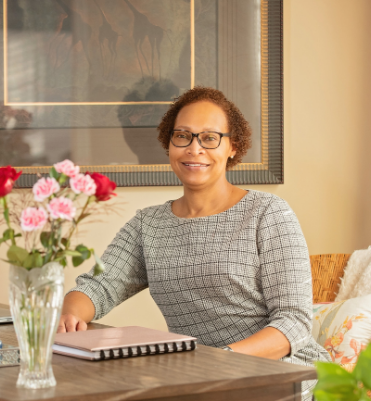The Power of Shared-Decision Making: A New Revolution of Care
I remember my treating surgeon discussing my treatment options with me when I was first diagnosed with cancer back in 2017 at the age of 27. I didn’t know much about thyroid cancer, what a thyroid was, or about cancer itself. Of course, no one plans to get cancer in the first place, especially at a young age, so I felt like I was being guided by my care team appropriately. I believed in the “power” of the white coat, a doctor who knew I had my best interest at heart. What I didn’t know was about different options when it came to treating my type of cancer, which my doctor explained to me in terms that I understood. I didn’t know it at the time, but my doctor was engaging in what’s called “shared-decision making,” when the patient and their care team, including their doctor, take the time to talk about different options and how it will affect the life of the patient moving forward.
To give an example, I was given the option of removing the half of the thyroid that contained the tumor and leaving the other half in, as opposed to removing the entire gland. My doctor explained the pros and cons of both types of surgeries so that I could make a well-informed decision with my caregivers, and as a result, I felt like a more prepared patient.
From this experience, I learned how important it is to have a good relationship with your entire care team, especially with your treating physician, such as an oncologist, or in my case, a surgeon and endocrinologist. Having an ongoing back and forth conversation that fuels this type of relationship is especially important, too, as I believe it can directly impact patient compliance. For example, as part of ongoing surveillance for my diagnosis, and typically for any cancer diagnosis, ultrasounds and bloodwork are performed on a routine basis, such as every 3-6 months, or even yearly. If a patient doesn’t know why this is being done, they may forgo either of these types of appointments, especially if they’re expensive.
Another example of patient compliance is compliance to medication instructions. Doctors and patients alike should have a conversation about how these medications are to be taken, especially if the medications are newly prescribed. Often patients are labeled as “non-compliant,” but more likely than not, they don’t understand. This is where communication, a strong relationship, and shared decision making come in to enhance patient outcomes.
As patients, we have to be advocates for ourselves when it comes to our health, which also involves our care team involving us in our own healthcare. We should feel emboldened to do this, not afraid. If you don’t feel comfortable discussing your treatment and your opinions with your physician and care team, then it’s time to find another group, and that’s 100% okay. Be your own empowered patient!
Carly Flumer is a young woman who was diagnosed with stage I papillary thyroid cancer at the age of 27. She recently received her Master’s degree from Boston University in Health Communication and received her Bachelor’s from George Mason University in Health Administration and Policy. While being diagnosed with the “C” word at such a young age was a surprise, as it would be to anyone, she found strength, support, and inspiration in sharing her cancer journey on social media. As a result of her health outcome, she looks to advocate for other cancer patients through education, research, and health literacy.




